When it comes to paying off debt or saving, the question of whether it’s possible or makes sense is one that gets asked pretty often. Should I pay off debt versus save? Or, how about both?
Well, the answer is – it depends on your current financial situation. Let’s discuss this in more detail.
How to determine if you should save or pay off debt
Depending on your financial situation, it may make sense to pay off debt first before saving. It might also make sense for you to save a little first before aggressively attacking your debt. It’s also very possible to save and pay off debt at the same time.
However, for any of these scenarios to be successful, you are going to need a smart strategy.
When does it make sense to pay off debt first?
As you lay out your plans for your financial wellness, It’s important that you have money saved in an emergency fund (3 to 6 months or more of basic expenses). Or at least, have a small rainy day fund of $500 to $1,000 to start. If you are just getting started with your debt pay off journey and you already have some savings in place, that’s great! In this scenario, it may make sense for you to pause on saving more and instead focus on aggressively paying down your high-interest debt.
Already having savings put aside means you already have a buffer in the event an emergency or an unplanned circumstance occurs. If your savings adequately covers what you need for your emergency fund needs and short-term goals, you may decide to use some of it to pay down your debt. Especially if the interest on your debt far exceeds the interest on your savings.
Once your high-interest debt is paid, you can shift your focus back to ramping up your savings.
If you fit into this scenario, then paying off debt before you continue saving makes sense.
When does it make sense to save before paying off debt?
If you have a debt repayment plan in place but you don’t already have a rainy fund, then you want to first put aside a small amount of money before focusing on your debt. Life happens and there’s no way to predict when and how something will not go according to plan.
Having a small amount of money in place will help you avoid taking on more debt to get yourself out of an unplanned situation.
So if you fit into this scenario, then saving some money before you focus on debt repayment makes sense.
What about investing or paying off debt?
In many cases, it makes sense for to invest while you are paying off debt, particularly in our current low interest rate environment. However, as mentioned before, you need a smart strategy to make it worthwhile.
Does your employer offer a retirement plan in which they match your contributions? If so, it’s worthwhile to contribute enough to get the full match starting now. This is because an employer match is essentially free money!
If your employee doesn’t offer a match, it’s still a good idea to contribute 5% to 10% to your retirement savings anyway.
Self-employed? You can still save for retirement. You can open up an IRA and contribute a small amount to it, for instance, 5% of your earnings.
If you are paying off debt, your focus may be on getting rid of it quickly but you still need to put something aside for retirement.
By making these small contributions to your retirement accounts, you are ensuring that you are putting something towards your future. You’ll also be able to take advantage of the power of compounding and the long-term opportunity of time to invest.
Accumulating the amount of money you’ll need in your retirement takes time. The more time you have, the more you’ll be able to put away and the more time your money will have to grow.
Given the day and age that we live in, you cannot rely on social security to take care of you in retirement. As a matter of fact, social security will likely only cover 40% of your income (or less)! And no one is going to be waiting to give you a beachfront mansion and a million dollars on the day you decide to retire.
Saving money and paying off debt at the same time
Do you have some savings in place, a plan to contribute towards your retirement savings, and a debt repayment plan already? Then you are essentially saving money and paying off debt at the same time and this is a great approach.
However, to make sure you are successful with this approach, create a budget and become best friends with it.
Your budget will help you track your income and expenses and your goal with your budget is to keep your expenses as low as possible so you can get aggressive with your debt, starting with any high-interest debt you might have.
Why the aggressive focus on your debt? This is because the cost of debt in terms of the interest you have to pay is not worth it at all especially on high-interest debt. It makes more sense to pay off your high-interest credit card first before saving in a “high interest” bank account.
For example, if you are only earning 1% in your savings account but are paying 15% in interest on your debt, you are indirectly losing money by keeping your money in your savings account. It’s better to pay it off asap and then once that debt is gone, ramp up on your savings and investment goals.
Utilize a calculator
Here’s a calculator to help you compare paying off debt vs saving or investing, that spells out the true cost or benefit of what you decide:
Consult a Financial Advisor
The team at Demand Wealth is passionate about helping clients achieve their financial goals. We individually assess your unique financial circumstances and develop strategies that are customized to your needs.
Are you interested in developing a strategy to invest wisely, while paying down debt? If so, we are here to help! Schedule a Zoom conference with one of our advisors today.
